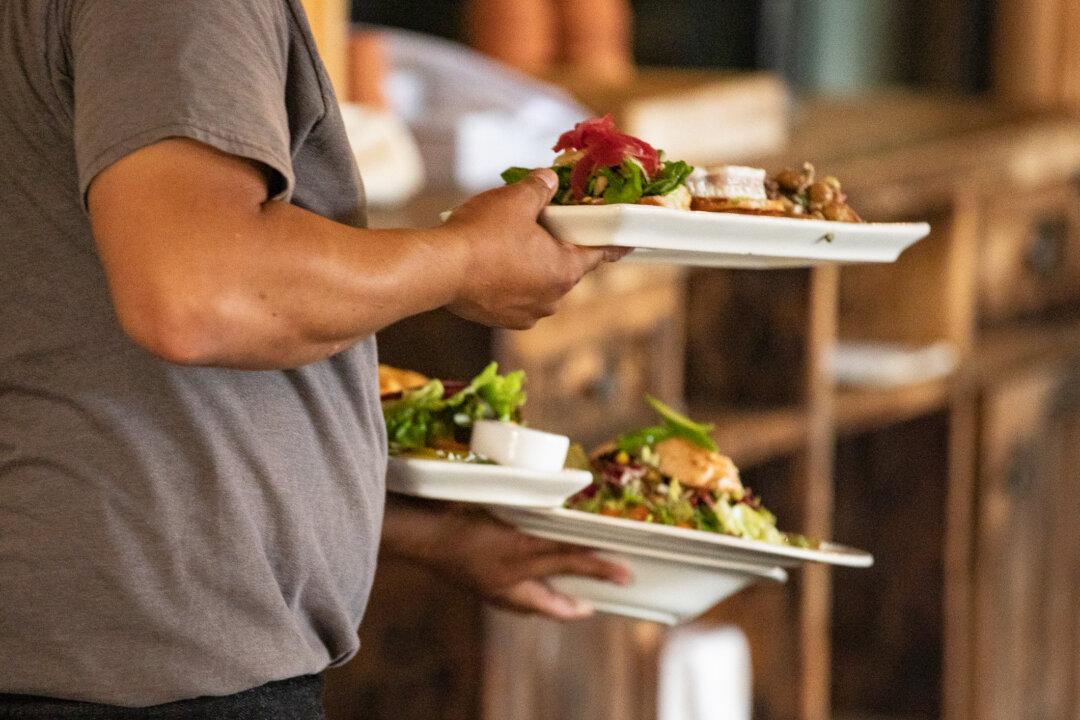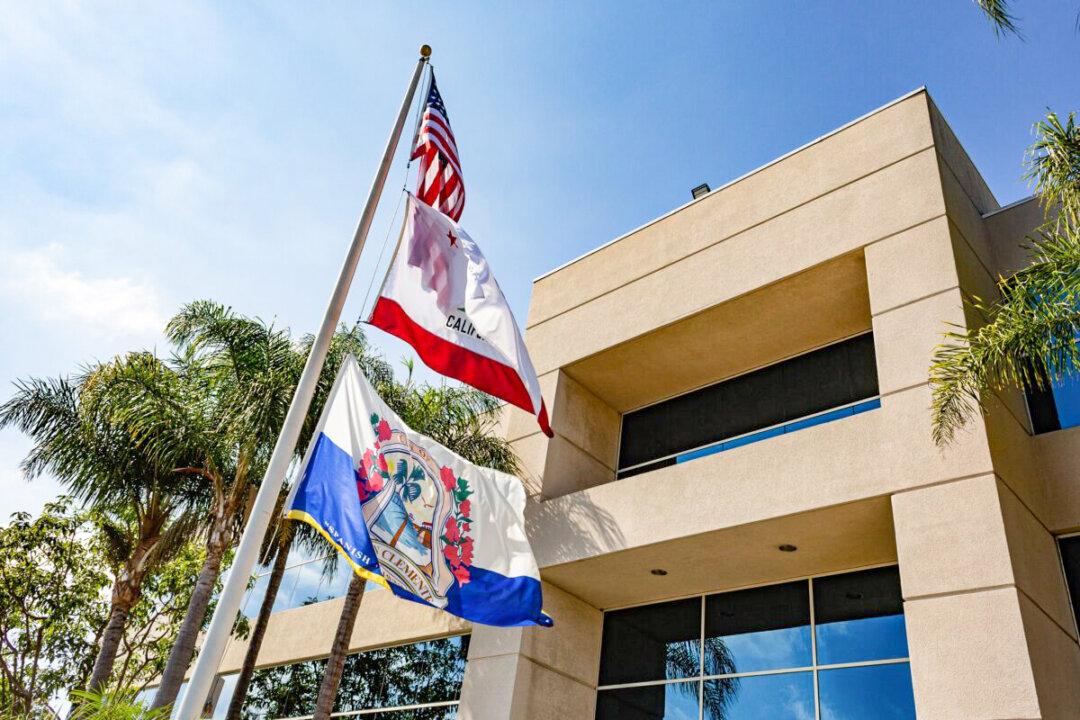SACRAMENTO, Calif.—An unexpected state income tax from a pandemic-era federal grant could impact more than 15,000 food and beverage establishments financially.
“This could be the largest cost any business has in the entire year,” Craig Winchester, partner at Perceptive Tax Advisory Group, told The Epoch Times. “It’s akin to almost the entire payroll cost—about a 10 percent tax on some of these grants.”





